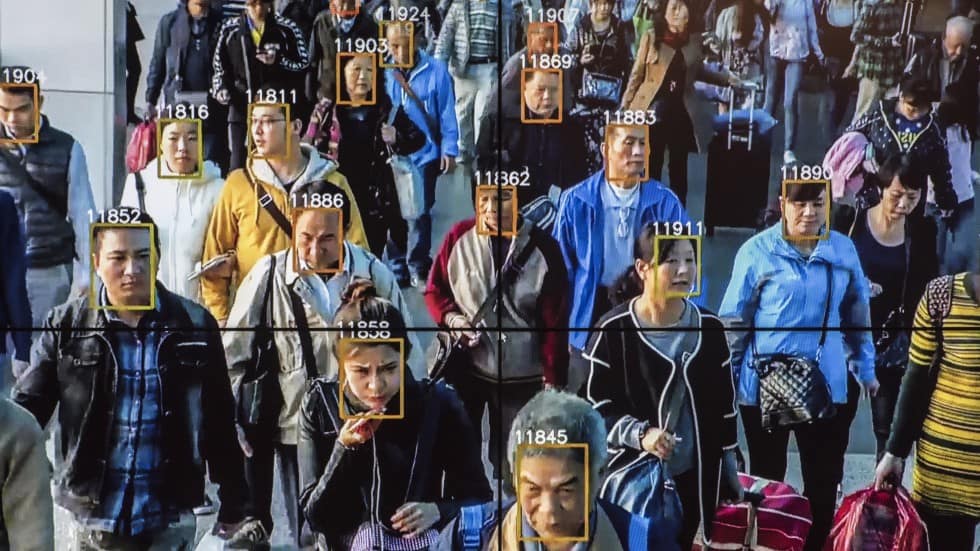Source: Barrons
Firms using facial recognition in China will be required to obtain consent or legal permission before collecting personal information, draft regulations released Tuesday said, while stipulating the rules would not apply to some bodies.
China is one of the most surveilled societies on Earth, with thousands of CCTV cameras scattered across cities and facial recognition technology widely used in everything from day-to-day law enforcement to political repression.
Draft regulations released by China’s Cyberspace Administration warned that use of the technology must “abide by laws and regulations, comply with public order, respect social morality, assume social responsibility, and fulfil duties to protect personal information.”…
Read full article: https://www.barrons.com/news/china-drafts-rules-for-using-facial-recognition-data-199db8e








